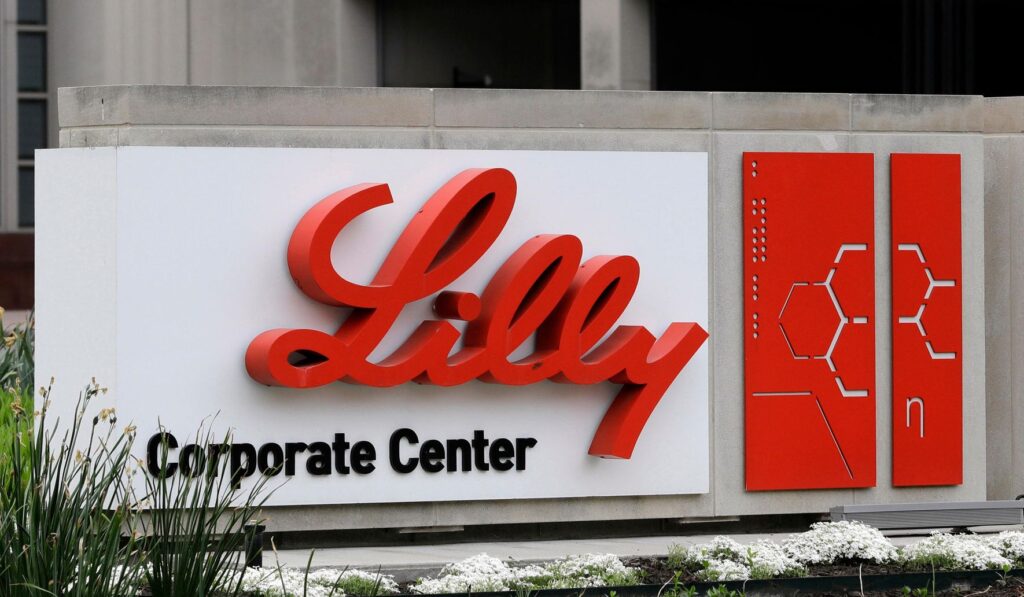The Trump administration is expected to announce this week a deal with drugmakers Eli Lilly and Novo Nordisk to lower the prices of their obesity drugs sold through TrumpRX.
This move puts the administration in the driver seat on drug pricing, using purchasing power to force better deals for patients. Republican leaders have long argued that market-based leverage and direct negotiation deliver results without heavy-handed regulation. A clear, straightforward pact with major manufacturers signals a practical approach to bringing costs down while keeping innovation alive.
For people struggling with obesity, lower out-of-pocket costs could be a real, immediate benefit. Obesity is a major health issue and access to effective treatments matters for families and employers. Making these therapies more affordable under TrumpRX supports personal responsibility and keeps care options open for Americans who need them.
Negotiating directly with Eli Lilly and Novo Nordisk also sends a message to the industry: offer competitive pricing or face the alternative. That’s how a market economy is supposed to work, with incentives for smarter pricing strategies. This deal demonstrates that the administration can harness scale to deliver value without dismantling the private sector incentives that drive drug discovery.
Critics will call for price controls or government-run programs, but this agreement shows a different path is possible. It leans on competition and contracting rather than heavy regulation that stifles research. Republicans favor solutions that lower costs while preserving the incentives that produce breakthrough medicines.
Practical benefits from the deal could ripple into employer plans and individual budgets, easing pressure on health spending. Employers and insurers watching prices may respond with broader coverage that reduces co-pays and expands treatment access. That kind of market reaction helps patients directly, something Republicans prefer over bureaucratic one-size-fits-all mandates.
Transparency will be key for public confidence, and the administration should show the numbers behind the savings. Clear reporting on cost reductions, patient eligibility, and distribution will prevent confusion and promote accountability. When citizens see measurable savings, trust in market-based solutions grows.
There are reasonable questions about long-term sustainability and whether discounts will hold as demand rises. Republican ideas focus on sustaining competition, encouraging multiple manufacturers to enter the market, and avoiding policies that choke off supply or innovation. This deal can be the start of a wider effort to make valuable therapies broadly accessible without punishing success.
Ultimately, supporting safe, effective obesity treatments while lowering costs fits conservative goals of empowering patients and protecting innovation. The TrumpRX approach is a pragmatic use of government influence to produce better outcomes for Americans. If the administration follows through transparently and enforces competitive standards, it could become a model for tackling other high-cost therapies.



